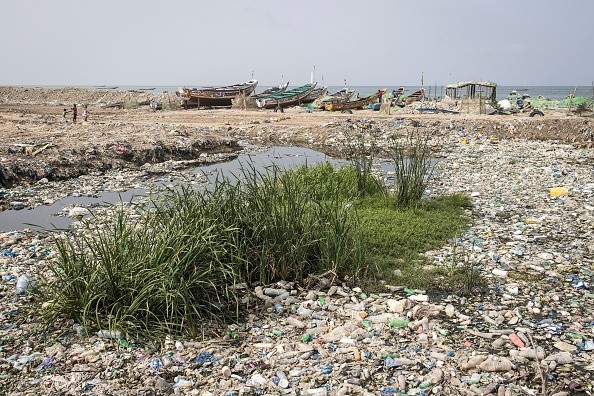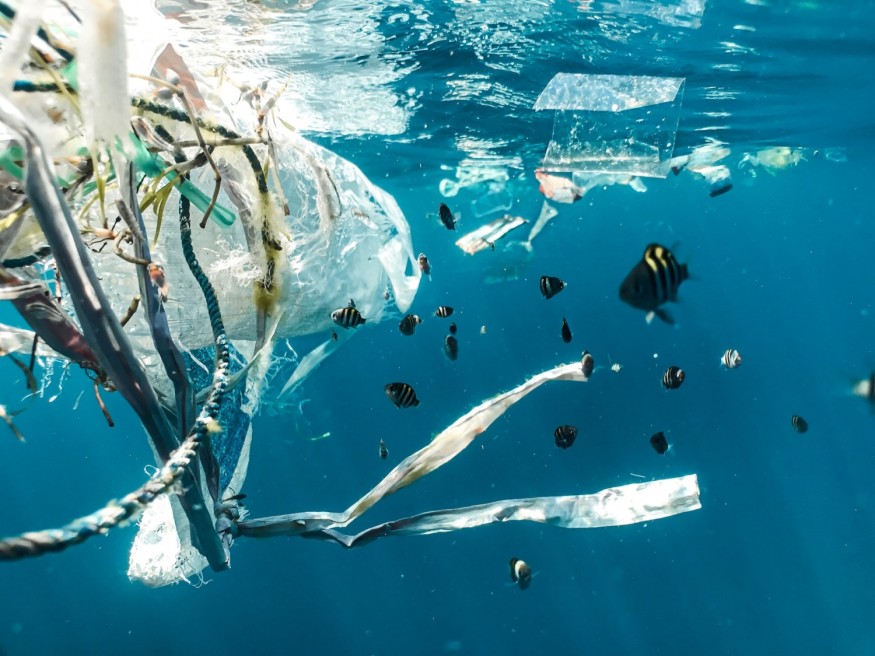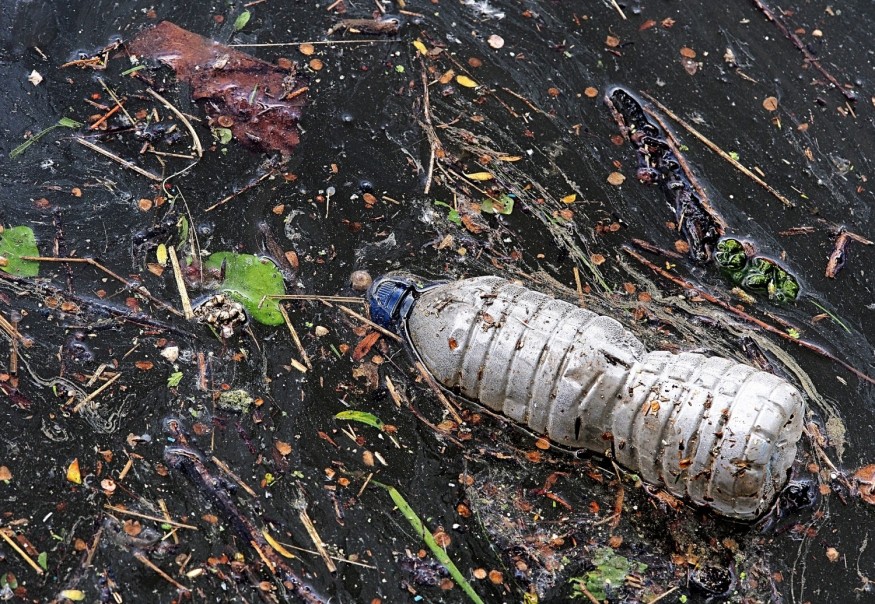The petrochemical and plastics industries in Europe continue to chew fossil fuels while the general people are urged to take shorter showers and use less heat.
The main conclusions of a recent study that highlights the significance of this gluttony and advocates for a radical new diet for this industry are summarized by Andy Gheorghiu from Energy Transition Blog.

Intensive Study

The severe effects of global warming and the need to fundamentally alter our energy systems and economy are issues that no one with political responsibility can ignore any longer. In contrast, EU member states are currently supporting the development of new LNG terminals to import fracked US gas or calling for the expansion of extraction in Africa rather than moving forward with the urgently required energy transition.
The gas business uses the conflict in Ukraine and fabricated worries about power outages or freezing homes to promote a sizable quantity of climate-unfriendly fossil infrastructure.
In Germany, a bill promoting LNG has been put into effect by the government, which comprises liberals, socialists, and greens. This bill partially forgoes environmental impact assessments as well as public participation and the right to take legal action against the projects while defining fossil fuel as being of overriding public interest.
The primary justification for these extreme actions, which might have disastrous effects on future efforts to safeguard the environment and the climate, is the necessity to ensure that the general populace has a stable means of subsistence. According to a freedom of information request made by the German Exit Plastik coalition earlier this year, the government does not know precisely how much oil and gas the petrochemical sector uses.
Energy Invested in Plastics

Given that proposed LNG terminals in three key areas would inevitably become a part of already-existing petrochemical clusters, this "knowledge gap" piqued the interest of climate and plastic campaigners. Who will genuinely gain from this rush to build new gas infrastructure, and is it intended to assist households?
Break Free From Plastic and the Centre for International Law (CIEL) collaborated on the recently released "Winter is coming - plastic must go" study in light of this context and the EU member states' commitment to cut gas consumption by at least 15% by the end of March 2023. Political decision-makers in the EU must pay attention to its revelation and key results since they are crucial.
By far, the greatest industrial consumer of oil, gas, and electricity in the EU is the plastics industry, which outpaces other energy-intensive sectors, including steel, equipment, food, and beverage production. Of all the petrochemicals industry processes, it also consumes the greatest energy and feedstock.
Immediate Action, Now
In the face of several existential problems, the EU and its member states must take decisive action immediately. However, continuing business as usual while using fossil fuels is no longer an option. Reducing plastic production and use is a simple method to address the several challenges we face, including those involving plastic, energy, and the environment!
While we continue to supply the European petrochemical and plastics industries with massive quantities of oil and gas for a wide range of hazardous and unnecessary products, people are encouraged to conserve energy, take chilly showers, and use less heat. Winter is approaching; therefore, it's time to stop squandering energy on plastics.
Related Article : Alarming Report Considers Plastic Pollution as a Planetary Emergency
For more environmental news, don't forget to follow Nature World News!
© 2026 NatureWorldNews.com All rights reserved. Do not reproduce without permission.





